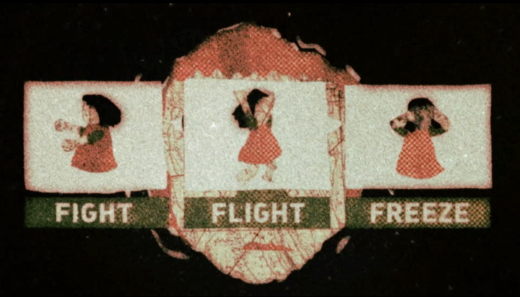Educators are increasingly recognizing that students often have complicated lives outside of school that affect how ready they are to learn. Many students experience some kind of trauma in their lives, whether it's a health problem, divorce, violence in their neighborhood, or a combination of experiences. Research shows these experiences affect kids' brains and behavior -- a challenge for teachers expecting to arrive in class and only focus on content.
Trauma-informed teaching has become a popular topic of conversation in recent years, as teachers try to adapt their methods to best serve the kids in front of them. It all starts with understanding what kids who have experienced trauma might be feeling. This TED-Ed video lays out the biology and reminds viewers of some of the symptoms of Post Traumatic Stress Disorder:
- intrusive thoughts
- reactive symptoms like irritability and difficulty sleeping
- negative thoughts like anger, guilt, and fear
- avoiding reminders of trauma


